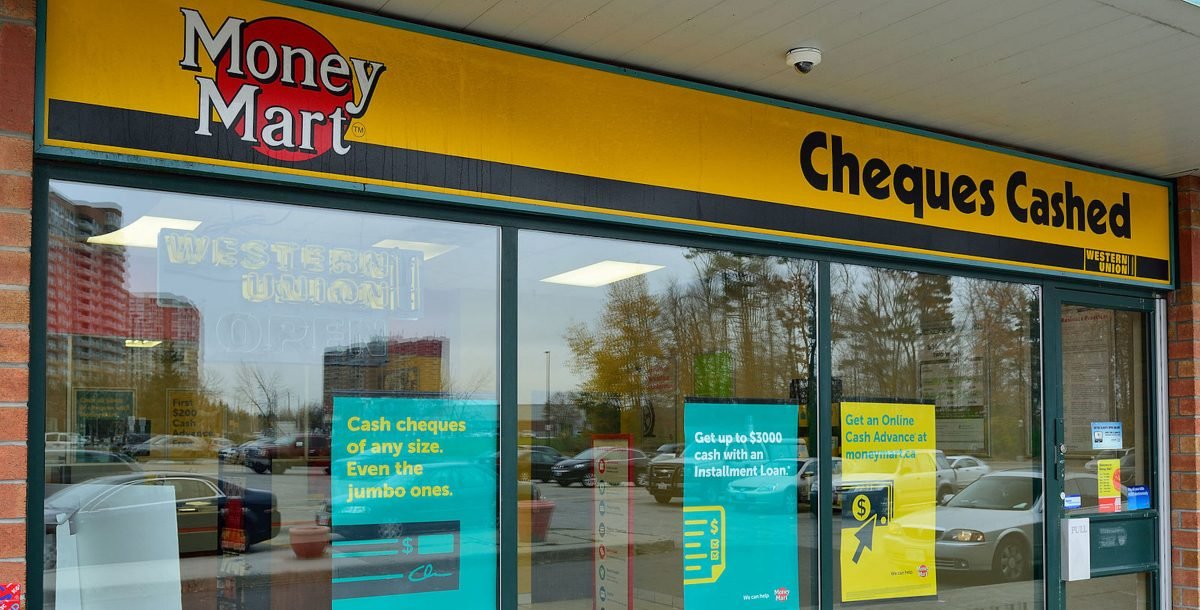by Arianna
As teenagers, we have a reputation of recklessly spending our money. Needless to say if it’s true or not, it doesn’t hurt to reevaluate our ways of saving, learn new methods or for some to just begin. The importance of saving is simply really; it’s more or less the satisfaction and security of having mass money set aside in case of need. Saving has many benefits and paves the way to financial freedom. So, here at NT, business is a great course that goes over this topic that not everyone one decides to take. “Yeah, I spend a lot of money on food and clothing and honestly a lot of unnecessary things so it would be nice to learn how to save instead of spending carelessly,” said by a grade 10 student who did not take this course. This is why I will be sharing with you some effective steps to save like a pro because not only is it effective now but, saving early creates good habits for your future!
Before revealing my tips, to gain further insight, I have conducted a mini survey to briefly investigate spending habits amongst teens. Majority revealed that their top expense was from food and trendy clothing. Following along with video games, cosmetics, and random impulse purchases. Furthermore, more than half think they are bad at saving and almost all would like to know more on how to efficiently. So, I present:
Get Organized and Start Budgeting
First things first is to know your overall savings at the given moment. Once that is done, set aside a monthly budget for yourself. Remember to be smart and reasonable with your personal allowance. This will be the amount of money you allow yourself to spend for the month. Depending on your flow of income I’d do this each month or two just so you aren’t spending more than you earn.
Keeping Track of every Purchase
It may sound like a drag to constantly note each purchase you make but, it is honestly quite helpful. Keeping note creates more awareness of purchases being made, becomes an efficient habit to have and let’s your budgeting become more precise. You can keep track on a spreadsheet, piece of paper, or even in the Notes app of your phone.
Comparison shopping
Next, comparison shopping will become your natural instinct. Never buy an item right away because what if you could have saved! Nothing hurts more than paying more money than you needed to. Luckily with modern day technology we can quickly browse the internet from store to store wherever and whenever. So, before you buy something do some research and find the best price.
Eliminating Impulse Purchase
Subsequently, before every purchase you should ask yourself these questions. Is this a need or a want? How long will this item be of use to me? Will I still want it when it’s not trending or can I wait a little longer for the newest invention? When you ask yourself questions like you’re doubting yourself you are alert of your purchases and are least likely to buy things on impulse.
30 Day Rule
With that, businesses are transferring to a heavy e-commerce world, making it even easier to impulse buy with one click with a lot of external influences such as Instagram ads, Pinterest and Tiktok. The 30 day rule focuses on your wants rather than needs as well as general big purchases. The 30 day rule is to take a mental or physical note of what you were planning to buy. Then, if you still want by the end of 30 days, buy it! It defers impulsive buys and unnecessary ones.
BYOF (Bring Your Own Food)
Finally, as food is one of teen’s biggest expenses, start packing your own food wherever you go! There is food in your fridge for a reason. Whenever you go out, pack a snack, heck even multiple. So, now you are less likely to give in to temptation. Or let’s say your friend wants to eat out however, you don’t want to spend money or miss out: eat beforehand and buy a small side like fries for under $5! It’s a win-win.
Hope this helped! Happy saving!

